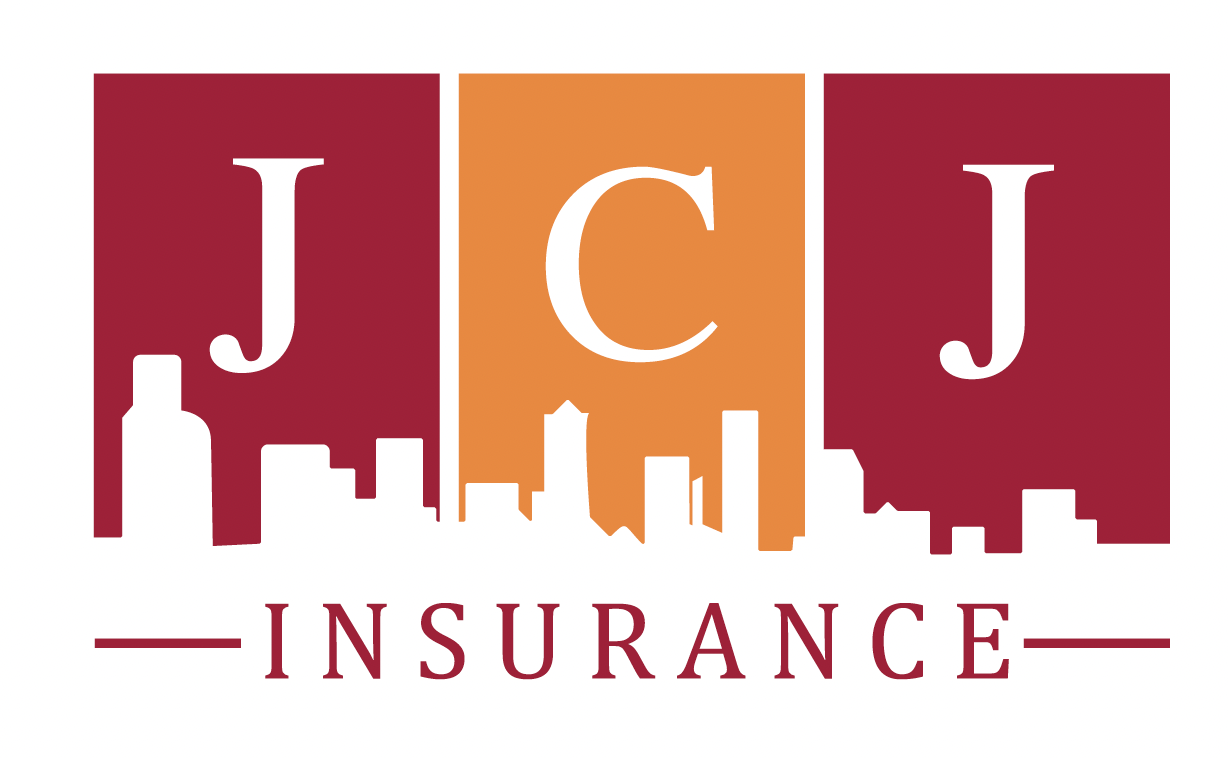The State of Florida passed House Bill 87 in June 2015 that amends Florida Statute 558 relating to Construction Defects. The original purpose of the Statute was to require a mandatory pre-suit process where, prior to litigation, the claimant (e.g. owner, condominium association) provides written notice of construction defects to the potentially responsible parties (e.g. design professional, contractor). The goal was to allow the responsible parties the opportunity to repair the defects, pay a monetary settlement, dispute the claimed defects, or a combination of these options. If the parties were not able to reach an agreement, then the claimant could initiate litigation.
While the basis of this statute is positive – create a process to help prevent litigation – the execution oftentimes lacked clarity and was ambiguous. The updates to this statute, which will take effect October 1, 2015, are designed to make the pre-suit claims process more efficient and transparent for design professionals and contractors. Below is a brief summary of these important amendments:
- The claimant must now identify the specific location of each alleged construction defect, as well as the specific sections of the building code, project plans, drawings, specifications, or any other documentation that serves as the basis of the claim for the alleged defect. The claimant is not obligated to perform destructive or other testing for the purposes of this notice. The alleged defects can be based on a visual inspection by the claimant. The notice of the claim must identify the information sufficiently to enable the responding party to locate the alleged defect without undue burden. This should be helpful for the design professional. Too often, a party will receive a 558 notice with a laundry list of defects, but no mention of why the claimant thinks the design professional is responsible.
- The party accused of wrongdoing is now required to file a written response to the 558 Notice indicating whether they are disputing the claim or if they are willing to attempt to settle. If it is their intention to settle, they must specify through a monetary settlement, providing repairs, or any other method permissible under this section.
- Insurance companies are now permitted to participate in confidential settlement negotiations prior to litigation to allow for swifter resolution of claims without the need for further legal process. The amendment also specifies that providing of a notice of claim to an insurance company shall not constitute a claim for insurance purposes, unless the terms of the policy specify otherwise.
- Additional items have been added to the list of documents that must be exchanged upon receipt of a written request. The list now includes maintenance records and other documents related to the discovery, investigation, causation, and extent of the defect alleged, as well as resulting damages. However, under Florida law, a party may still declare a claim of privilege.
With these new requirements, construction defect claims will be more specific and allow defendants to proactively respond to the alleged defects. Hopefully these changes will prevent frivolous claims and reduce costly litigation.
